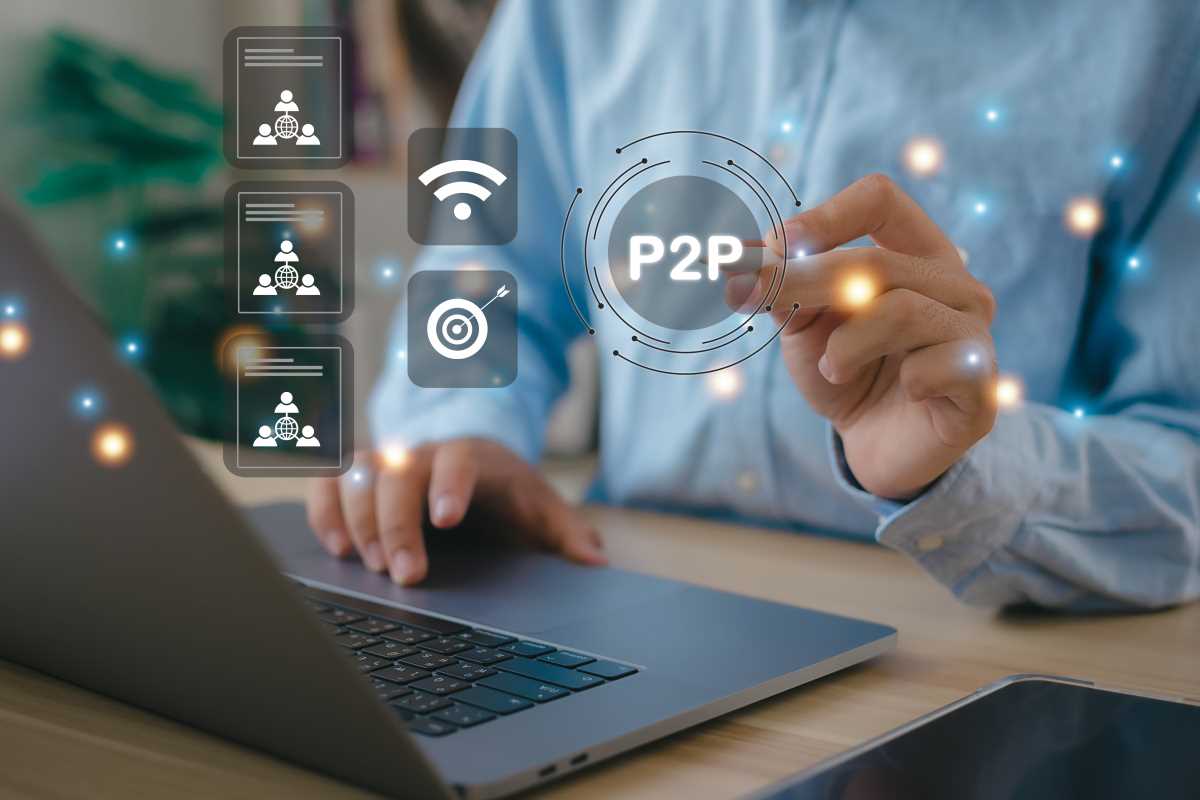Blockchain technology has revolutionized industries, from finance to healthcare, by offering secure, decentralized solutions. At the heart of this innovation lies smart contracts, self-executing agreements with the contract terms directly written into code. These contracts are vital for automating processes, reducing intermediaries, and enhancing security in various applications such as decentralized finance (DeFi), supply chain management, and real estate.
If you're interested in becoming a blockchain developer specializing in smart contracts, the opportunities are vast. Here's how you can get started and excel in this high-demand field.
Understanding Blockchain Technology
Before jumping into development, it's crucial to build a solid foundation in blockchain fundamentals. Begin by exploring how blockchains work. At a basic level, a blockchain is a decentralized digital ledger that stores information securely across a network of computers. Key concepts to understand include:
- Decentralization: Unlike traditional systems, blockchains operate without a central authority.
- Consensus Mechanisms: Learn about consensus algorithms like Proof of Work (PoW) and Proof of Stake (PoS), which validate transactions on the blockchain.
- Cryptography: Study public and private keys, digital signatures, and hashing, as these are foundational for blockchain security.
- Smart Contracts: Grasp the basic idea of self-executing programs stored on the blockchain.
Many free resources, such as online tutorials, whitepapers like the original Bitcoin and Ethereum papers, and explainer videos from trusted platforms, can guide your learning.
Learning Programming Languages for Smart Contract Development
Programming is the backbone of smart contract development. To create effective and secure contracts, you’ll need hands-on experience with specific languages tailored for blockchain:
1. Solidity
Solidity is the most widely used programming language for writing smart contracts on Ethereum. Its syntax is similar to JavaScript, making it a great starting point for beginners. Focus on concepts like variables, control structures, inheritance, and contract-specific elements such as "functions," "events," and "modifiers."
2. Vyper
Vyper is another language for Ethereum, designed to enhance security by being simpler and more restrictive than Solidity. Though less commonly used, it can give you an edge for security-focused applications.
3. General-Purpose Languages
Knowledge of languages like JavaScript, Python, or C++ can serve you well. JavaScript is useful for developing interfaces (frontends) for blockchain applications. Python is a flexible tool for blockchain analytics and backend services.
Spend time practicing coding on platforms such as Codecademy, freeCodeCamp, or even block-specific environments like Remix (an online Solidity editor).
Exploring Blockchain Platforms
Blockchain platforms are where smart contracts are deployed and executed. Understanding the different platforms will help you choose the one that aligns with your goals. Key platforms include:
- Ethereum: The first blockchain to popularize smart contracts. Ethereum’s vast developer community and existing tools make it a great starting point.
- Binance Smart Chain (BSC): A high-performance platform optimized for decentralized applications and smart contracts.
- Solana: Known for its scalability and low transaction fees, Solana is a great choice if you aim to build DeFi or NFT applications with high throughput.
- Hyperledger Fabric: A permissioned blockchain suited for enterprise-level applications, often without cryptocurrency.
- Cardano/ Avalanche: Emerging platforms with their own unique scalability and cost benefits.
Experimenting with open-source projects on these platforms will deepen your understanding of their structures, toolkits, and APIs.
Gaining Hands-On Experience
Theoretical knowledge is only the first step; practical experience is where you'll truly develop your skills. Here are actionable ways to gain real-world experience in blockchain development:
1. Work on Personal Projects
Start by creating simple applications such as a token or a basic voting system using smart contracts. This will help you familiarize yourself with blockchain workflows and common challenges.
2. Join Hackathons
Participate in blockchain-focused hackathons, which are often hosted by platforms like Ethereum, Polkadot, or Solana. These events allow you to team up with other developers, work on real-world challenges, and sometimes even win grants or prizes.
3. Build on Testnets
Testnets are blockchain environments that mimic mainnets but operate with fake currency. Deploying smart contracts and testing them here is crucial before moving to a live environment.
4. Contribute to Open-Source Projects
Contributing to existing blockchain projects on platforms like GitHub is another great way to learn and showcase your skills. Review codebases, suggest improvements, or help with documentation.
5. Enroll in Blockchain Bootcamps
Structured bootcamps by organizations such as ConsenSys or Alchemy often provide industry-level guidance, helping you fast-track your learning.
Importance of Staying Updated
Blockchain technology evolves at an astonishing pace, with constant improvements, new tools, and emerging platforms. To remain relevant in this dynamic space, you need to stay updated. Here’s how:
- Follow Industry Leaders: Subscribe to blogs and newsletters from experts like Vitalik Buterin (Ethereum) or Andreas Antonopoulos (Bitcoin and general blockchain).
- Read Blockchain Whitepapers: Explore essential whitepapers for insights into new projects.
- Participate in Online Communities: Join vibrant communities on Reddit, Discord, or Telegram to engage with developers and enthusiasts.
- Take Advanced Courses: Platforms like Udemy, Coursera, and Blockchain Council regularly offer updated content tailored for developers.
Career Paths and Opportunities in Blockchain Development
The field of blockchain offers a variety of career opportunities, especially for those skilled in smart contract development. With increased adoption across industries, organizations are actively seeking developers with expertise in this niche. Potential roles include:
- Smart Contract Developer: Specializing in writing, testing, and deploying efficient contracts.
- Blockchain Developer: Focusing on end-to-end blockchain architecture, from backend development to on-chain processes.
- DeFi Developer: Building decentralized financial applications like lending platforms, DEXs (decentralized exchanges), and yield farming protocols.
- Enterprise Blockchain Consultant: Advising organizations on blockchain integration and smart contract implementation.
- Blockchain Security Auditor: Evaluating contracts to identify and mitigate vulnerabilities, ensuring protocols are robust and secure.
Moreover, many developers move towards starting their own blockchain-based ventures, leveraging their skills to create innovative solutions that address real-world problems.
Entering the world of blockchain development for smart contracts is both challenging and rewarding. By building a solid understanding of blockchain mechanics, mastering programming languages like Solidity, exploring key platforms like Ethereum, and gaining practical experience through projects and hackathons, you can set yourself up for success. Stay curious, keep learning, and immerse yourself in the thriving blockchain community to discover the many opportunities this technology offers. With dedication, you'll not only grow a successful career but also contribute to the rapid evolution of blockchain applications worldwide.







